GENE POOL
Things are going just swimmingly as MNM productions gets my new holiday musical spectacular, Snakes on a Plane, up on stage. Mr. Ed, my set designer, found pieces of the airplane fuselage we used for Flying Down to Reno, my musical remake of Airport ’75, in storage in Reseda and was able to handily repurpose them for the major interior setting of an airplane in flight. We have a cunningly engineered hydraulic system that allows the cabin cross section to rotate within the proscenium so the audience can see all of the action. I’ve found a brilliant director in Mr. Dane who is busy staging the show with a high velocity kinetic energy so that the action builds and builds. We’re still trying to find just the right herpetologist to train our title characters in rudimentary tap. For some reason, all of the reptile experts my team have contacted have hung up when we explain that we need someone, price is no object, who can get our boas and pythons to form a basic kick line and to do a time step and a buck and wing. Lulu Pigg, my tap therapist is holding down the fort in the meantime and has made rather good friends with the lead anaconda but she’s more used to working with bipeds.

My major issue with the set is that airplane fuselage does not really exude holiday cheer. We need tinsel and glamor and luxurious festoons of evergreen boughs. Mr. Ed quickly came up with a false proscenium reusing some pieces from an old set from The Nutcracker but it still wasn’t enough. We needed to have a reason for our airplane interior to be full of festivity. I was bemoaning this in a conference with Mr. David, my talented book writer who had the perfect solution. He has created a mother character for my Agent Flynn, old Mrs. Flynn (we’re trying to sign Margo Channing for the part) is a professional decorator who has been hired by the airline to set up and flock a number of charming little Christmas trees on the plane as it takes its special flight to the Great Smokey Mountains with its cargo of a mob witness, an FBI special agent, a gaggle of chorines, and some uninvited snakes. This was a brilliant solution to both the décor and one of my other issues. Mr. David has now created a highly suspenseful scene for Act II in which old Mrs. Flynn holds off a particularly vicious black mamba with her flocking gun and I get a rousing up tempo number as I rescue her – “There’s mother flocking snakes on the mother flocking plane”. Cris and Tyson’s score for this song, which has hints of Ravel in the scoring, is sure to rise to the top of the charts.
Satisfied that I had put in a good days work, I retired to the home theater where I made myself a Crème Brulee latte and added a generous dollop of Kahlua and flipped through various offerings to see what might make a nice relaxing viewing prior to bed. I settled on Ari Aster’s Hereditary from 2018. I had seen his follow up film, Midsommar, earlier this year and been suitable impressed so I decided to sample this earlier work. Comparing the two films, it’s easy to see that they’re both work of the same auteur as there is a distinct similarity in theme regarding the psychological collapse of seemingly normal, but damaged individuals under severe psychological stress and possibly supernatural events. There’s a certain unflinching stillness in how he puts together scenes and camera shots that make even normal surroundings and events fraught with foreboding. Cinematographer Pawel Pogorzelski shot both films and the look is similar although Midsommar is all about the discomfiting of excess light while Hereditary is more about the contrasts between light and dark.
Hereditary is the story of the Graham family. Mom Annie (Toni Collette) makes miniatures in her home based studio. Her miniatures are drawn from her life and often Aster shoots her miniatures and morphs them into his next scene, giving the film a sort of dollhouse aesthetic. She and her husband Steve (Gabriel Byrne) have two children: high schooler Peter (Alex Wolff) and middle schooler Charlie (Milly Shapiro). As the film opens, Annie’s mother Ellen has died and, in delivering her eulogy, we learn of Annie’s difficult relationship with her and of her mental illness. As we learn more about the family, it appears that young Charlie, a rather lumpen little girl, may also be having mental illness issues and it looks like the film is veering off into The Bad Seed territory. Then the film takes an unexpected twist with a shocking family tragedy that upends all of their lives and which leaves Annie broken. Annie, as part of a grief support group, runs into a friendly chatty middle aged lady Joan (Ann Dowd) who has unexpected connections with her deceased mother. This all ends up with a wild ride of a third act in which hidden motivations and supernatural forces collide, upending our expectations and profoundly altering the characters.
The film succeeds, at least during its first two thirds, due to its ability to conjure up the little horrors of family life, Aster’s talent with pacing for maximum dread and suspense, and a bravura performance from Toni Collette. Ms. Collette has been turning in top notch performances in film since Muriel’s Wedding twenty-five years ago and her failure to have been recognized with an Oscar is one of the Academy’s more glaring omissions. She is absolutely unafraid to go into deep dark emotional places as Annie’s life crumbles around her and it all shows up on screen. There is enough psychological horror in the specter of mental illness that haunts the family to keep us in suspense and agonizing about what they go through but Aster doesn’t trust enough in this, or isn’t smart enough to write that story so he veers off into supernatural territory in the last third that owes a little too much to Rosemary’s Baby. It doesn’t completely throw the movie off balance as he doesn’t get too outrageous and keeps at least a little reality basis, but it would have been a smarter, slicker movie without it. The last sequence, however, even though it shows very little (Aster is smart enough to keep most of his carnage off screen), is eerie enough to give you uncomfortable dreams for a few days. The last shot is very similar to Midsommar’s last shot with a character having to come to grips with trauma and a confusing destiny.
The supporting cast is also very good. Gabriel Byrne, who doesn’t work nearly enough, has a focused neurotic intensity as the father who feels powerless to keep his family from disintegrating around him. The two young actors who play the kids are excellent choices. They both make something real of the young people with secrets and problems. Young Mr. Wolff in particular has eyes which open into a troubled soul and manages to create a compelling protagonist from some minimal cues.
Hereditary is a film worth seeing if you’re a fan of psychological/interior horror films. If you go in expecting lots of gratuitous violence and distancing effects that make most modern horror movies so amusing, you’ll be disappointed. This is more about making you feel uncomfortable and unsure of yourself and questioning even the most innocent things in your life.
Bedroom diorama. Allergic reaction. Embroidered door mat. Gratuitous piano wire garrote. Treehouse. Body levitation. Desk head banging. Supernatural combustion. Automatic writing.
To learn more about Mrs. Norman Maine, see our Movie Rewind introduction, visit her entire back catalog and follow her on Twitter at https://twitter.com/missvickilester
Image by Gerd Altmann from Pixabay
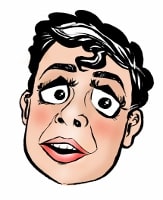
Originally from Seattle Washington, land of mist, coffee and flying salmon, Mrs. Norman Maine sprang to life, full grown like Athena, from Andy’s head during a difficult period of life shortly after his relocation to Alabama.

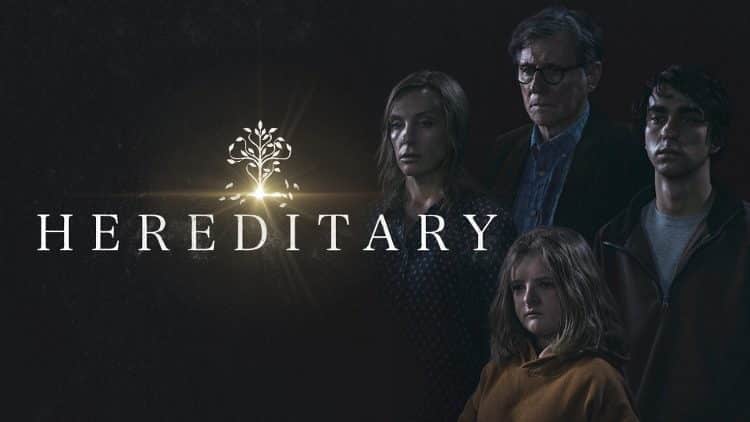


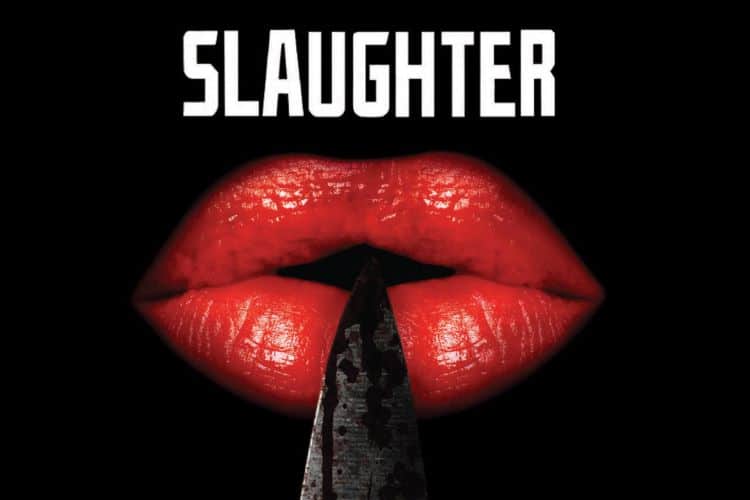
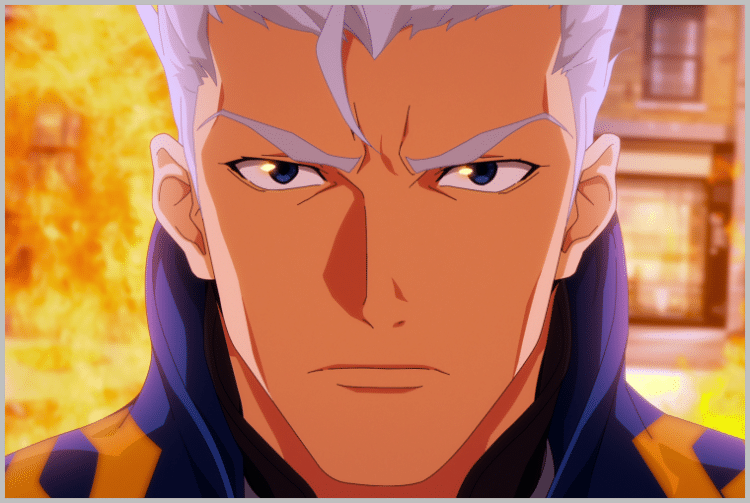
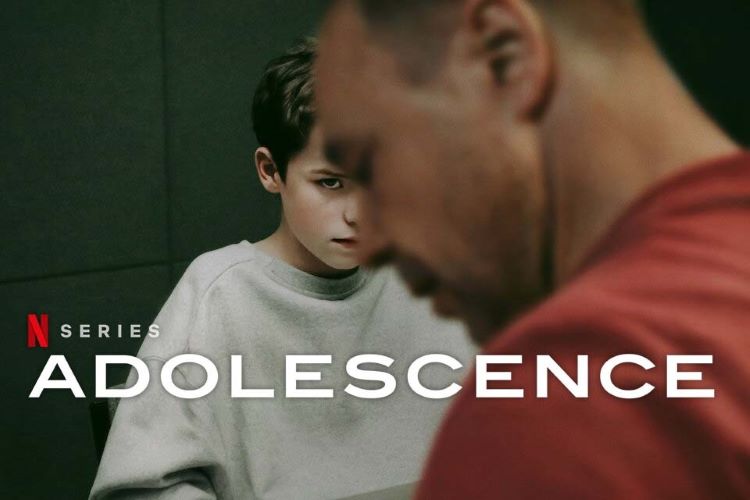
Leave a Reply